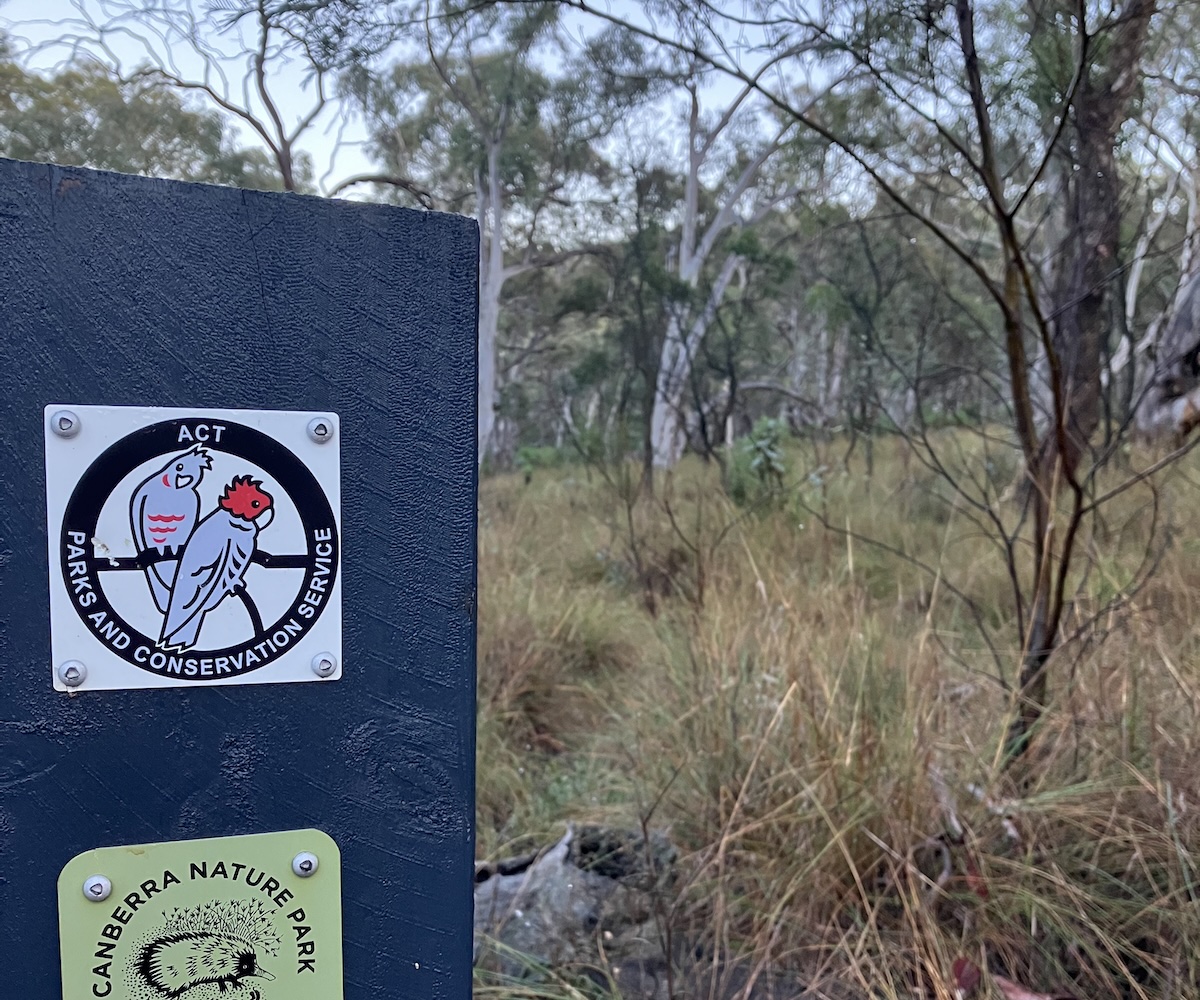Canberra’s democratic deficit(s)

You hear talk occasionally of the ACT’s “democratic deficit”. Actually, you really only hear it in the wonkier parts of the city (and in a city defined by its wonkiness, that’s saying something). However, the issue does occasionally get an airing in public and has recently made headlines thanks to the efforts of the ACT’s independent Senator, David Pocock.
Senator Pocock wants the number of senators from the country’s two territories boosted from two to six. It’s a fair argument, particularly when it comes to the ACT, where the population has doubled since 1975, when federal parliament handed two Senate seats to each territory. That means the ACT’s 454,000 or so residents are represented by two senators (or one senator per 227,000 people). Compare that to a state such as Tasmania and its 571,200 residents, where there are 12 senators (47,600 people per senator). What that translates to is a Tasmanian’s Senate vote carrying almost five times the weight of an ACT resident’s.
Hence, democratic deficit.
But it’s not only in the Senate that ACT residents get stiffed. While the territory has been self-governing since 1989, its elected officials can still be overruled by unelected bureaucrats in the form of the National Capital Authority (NCA).
The NCA is the latest in a long line of bodies with a remit to oversee planning and development in the national capital, starting with the Federal Capital Advisory Committee back in the 1920s. Its reason for existence is to safeguard Canberra’s national significance, focusing on areas of symbolic and functional importance.
Basically, as the national capital, there are aspects of the place that need to be protected, such as making sure sight lines to Parliament House aren’t blocked by overdevelopment and the main approaches are kept to a standard befitting the city’s status.
The NCA is run by a board of five, who are all appointed by the Governor General (that is, by the government). Unlike members of the ACT Legislative Assembly, they do not face elections and are not directly accountable to the public. This is not to question the credentials of the board. In fact, if you were putting together an advisory body for your city, you’d be hard-pressed to find a more qualified group, whose expertise stretches across town planning, service delivery, transport, architecture, and other relevant areas.
The trouble is, the NCA isn’t simply advisory. These five unelected individuals can overrule the popularly elected ACT government on areas within their remit. Or they can simply ignore the elected government, as they have repeatedly since the 1990s when the ACT Government asked the NCA to remove Monash Drive from the National Capital Plan (NCP) — the city’s master plan.
Monash Drive is a road that Walter and Marion Griffin envisaged for the capital running along the base of Mt Majura and Mt Ainslie in the city’s north, an area now protected as a nature reserve. The ACT Government and residents want the road removed from the NCP, fearing that leaving it there puts the reserve at risk. They also argue that other transport developments since the days of the Griffins have made the road redundant.
Despite the wishes of residents and the elected government, the NCA board has said “yeah, nah”. Its somewhat ‘unique’ logic is that just because the road is on the plan, no government has to build it. What they ignore is the concern that because the road is on the plan, a future government may well build it, destroying the nature reserve in the process (which is ironic, as protecting Mt Majura and Mt Ainslie is part of the NCA’s remit).
At the end of the day it’s five unelected individuals ignoring the will of an elected government representing almost 500,000 people.
That’s quite a democratic deficit.
